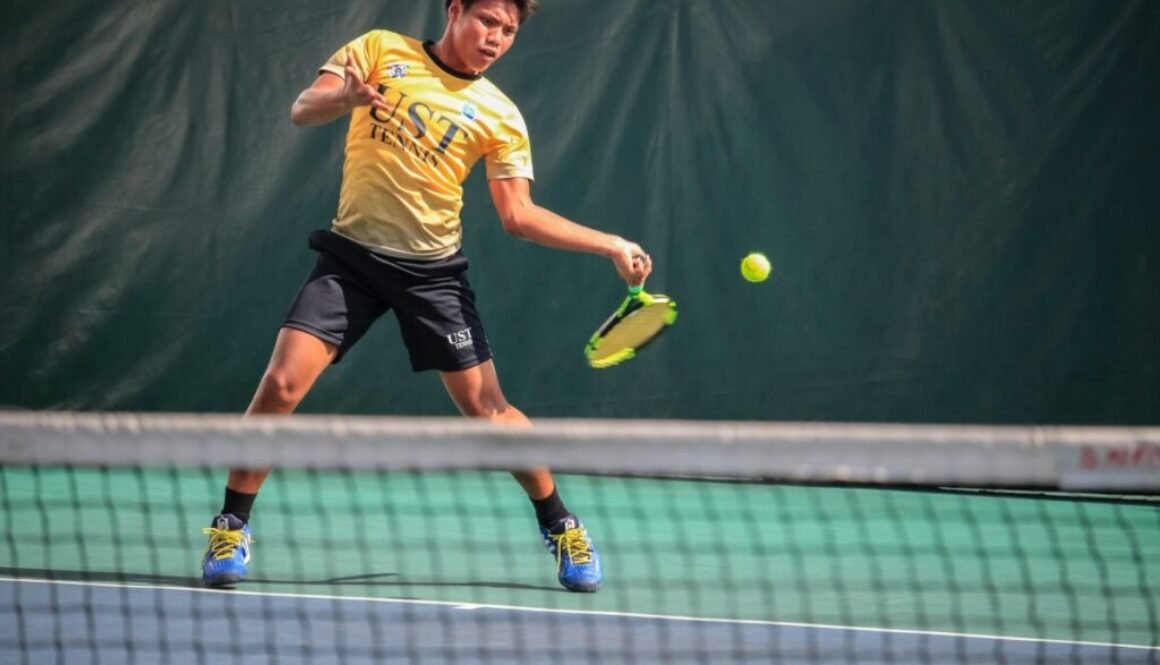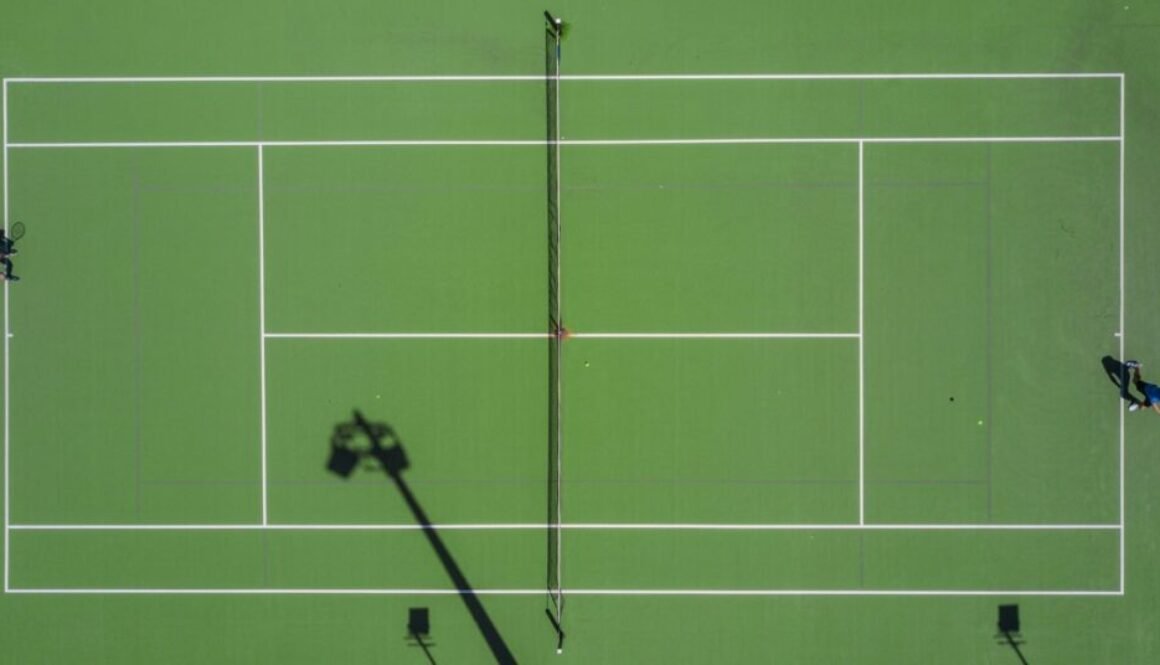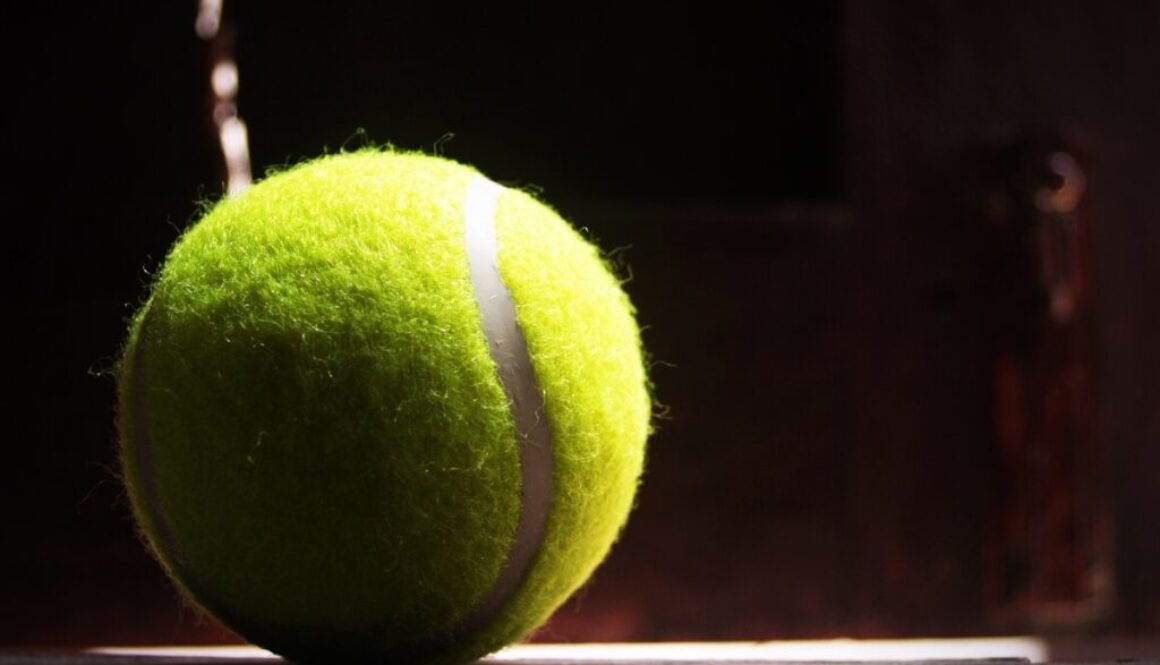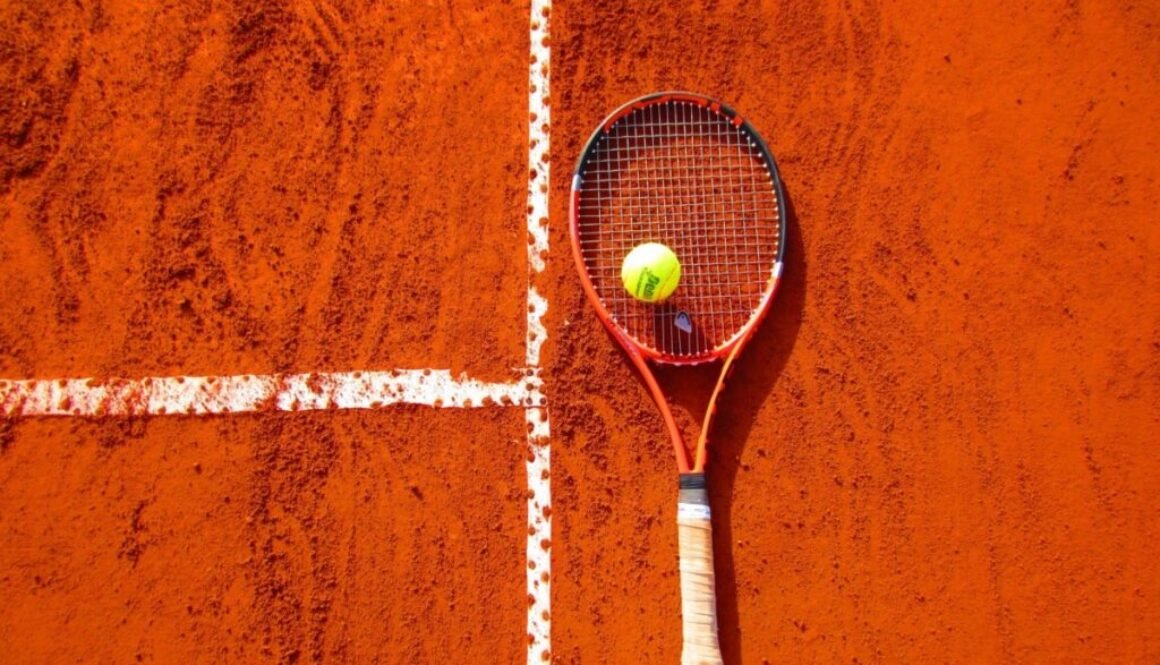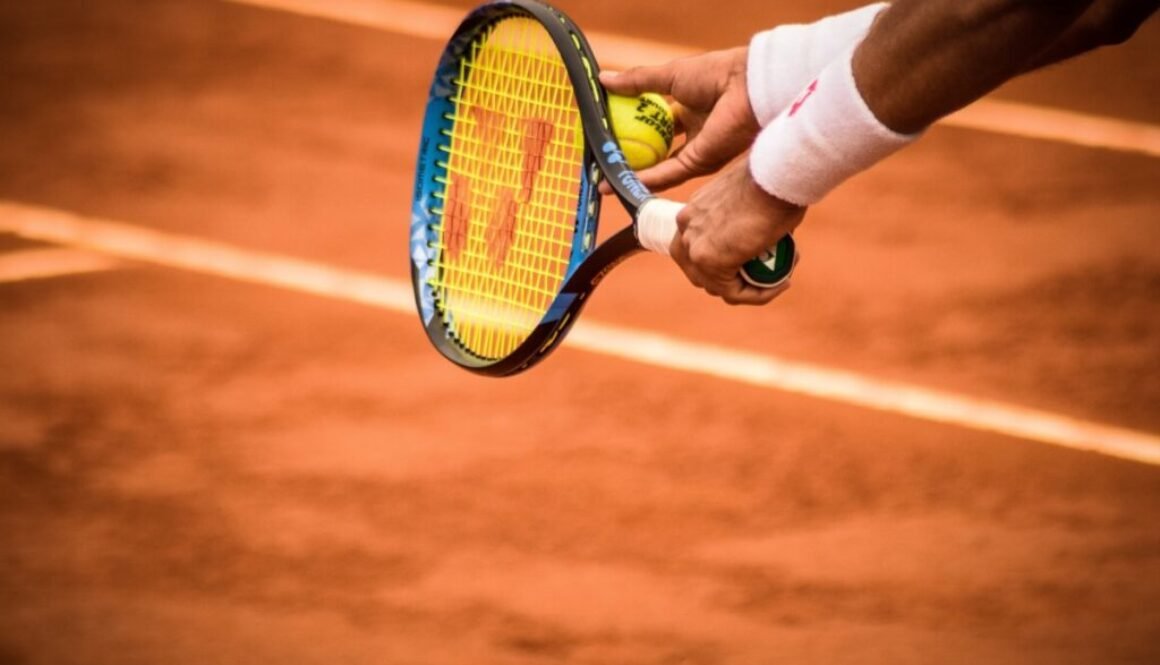Approaching the crucial points in tennis
Tennis consists of many single points. To win the game, we have to win at least four points. To win the set, we have to win at least six games. To win the match, we have to win at least two sets. It all looks simple, but the more we play tennis, the more we understand that during some points, we feel different than during the other points. So, does every point count the same?
When we look at the score of the tennis match, we can see only the numbers. However, when we see the whole match, we can see that these numbers do not always reflect the actions on the court. Sometimes, the player who lost 6/2 6/2 didn’t have a chance to beat the more advanced rival, but another time the player who lost 6/3 6/1 played a really good match but underperformed during the critical moments of the rivalry. That is why the score is not always an indicator of the player’s level. Thus, the competitors should pay more attention to the actions on the court and to the moments that decide about the situational advantage.
Every match has its crucial points. However, crucial points at one level can be completely different for the different types of players. Generally, we can call the points „crucial” when winning or losing them will convert into a game. For example, 30:40, 40:15, or 0:40 are the situations when one ball can make a leading player win the game and have a positive impact on the future performance. These points increase the tension, so competitors approach them differently than the points that cannot be turned into a game in one ball. However, various players and levels of performance can emphasize other moments that can have an impact on the actions on the court. The whole game played at 5:4 can be called „crucial” because every point can take the leading player closer to finish the set. The first game after the lost set can also be a crucial moment because it can change the leading in a new set and put the winning player in a completely different position. A lot of players also say that the first point of every game is crucial, so they focus more on the beginning to take a lead and increase their chance of winning the whole game.
There is no doubt that crucial moments have a significant impact on the mental side of the player. More stress, some doubts, and intense feelings can make one player play great, but at the same time, the other player collapses. Without understanding this situation and implementing the specific techniques, it is impossible to win critical points consistently and beat the rivals who are more advanced than we are.
To play your best tennis when it counts, you should:
Take your time.
You have 20 seconds between the points and 90 seconds when changing sides of the court. Unfortunately, many players lose the crucial points because they hurry up. They finish one point, take the ball, go to the baseline and quickly start the new point. That is the easiest recipe to lose a few important points in a row, decrease your quality of play and affect your confidence. Before the decisive point, make sure you use the whole time allowed. You should go through your routine to prepare your body and mind for the incoming challenge.
Have a plan.
Preparation is the key to effective performance. If you face some pressing situations on the court, it is required that you have a plan. By knowing what to do and which skills to use against your opponent, you significantly lower the stress level because you won’t have to make a decision right before the hit. Twenty seconds between the points is enough to create a simple tactic that will give you an advantage during the point.
Don’t change your game if it works.
That’s one of the biggest mistakes every player makes at some point in their career. If you are winning the points and you have a chance to close the game or set, make sure you continue with the same approach. Remember to put pressure on the rival in the same way as before the decisive point, because the score shows it is working. By approaching the crucial points with a defensive mindset based only on pushing the shots, you can lose the initiative during the match and lose the lead at the same time.
Focus on just one point.
We already know that one point can be converted into the opportunity, game, set, or match, but you should focus on just one point. It does not matter what will happen after winning the point because you cannot affect it now. What you can control is your mindset and actions during a single point, so all the energy has to be used to play your best tennis during this short period. We can focus entirely on only one thought at a given time, so make sure you direct this ability at a proper information.
Individual sports always put a lot of pressure on the competitors. In tennis, because of the scoring format, players feel how mentally tiring the competition can be all the time. You never know when the match is going to end, so one or two points can determine the winner of this battle. If you want to leave the court as a champion, you have to solely play the crucial points better than your opponent. Use the tips from this article to make sure that when the situation occurs, you can use it for your benefit.



